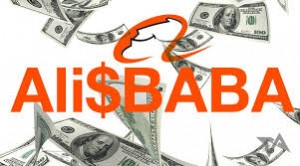Coca-cola has recently released a special new product to their arsenal. A newly packaged cola with a dark green shade to symbolize healthy living. This new addition to the roster has been released after Coca-Cola has witnessed a decline in soft drinks.
This attempt is in order to increase sales as the company looks to improve and promote public health because parents dislike their children to have unhealthy diets.
In light of this promotion, although arguably for a good cause, I have two problems. Firstly, for promoting a healthy green life, I’d have expected a bright and vibrant green so that catches the attention of consumers. However, the colour of the can is a dull mossy green which in my opinion, doesn’t represent the message that coke is trying to send out.

Secondly, was there actually a point in creating the coke life brand? The existing coke light and coke zero are already substitutes for the regular coke and is much healthier in terms of calorie intake. What was the reason behind coke light? Coke life cannot possible replace the current coke and the company would be out of their mind to hope that it would.
Therefore, this is likely just a scheme to steer consumers into thinking that Coca Cola is a health conscious company. However as usual, the advertisement for the new coke is spectacular and as a consumer, I’d be drawn towards the drink. In conclusion, so although the reasoning behind the new product seems flawed, the advertisement and marketing team covered it and made the new coke life seem like a great new breakthrough.
Articles:
http://www.coca-colacompany.com/coca-cola-unbottled/coca-cola-life-to-make-us-debut
http://www.theguardian.com/business/2014/jun/11/coca-cola-fewer-calories-less-sugar
https://www.youtube.com/watch?v=yRqUTA6AegA






 vs.
vs.


